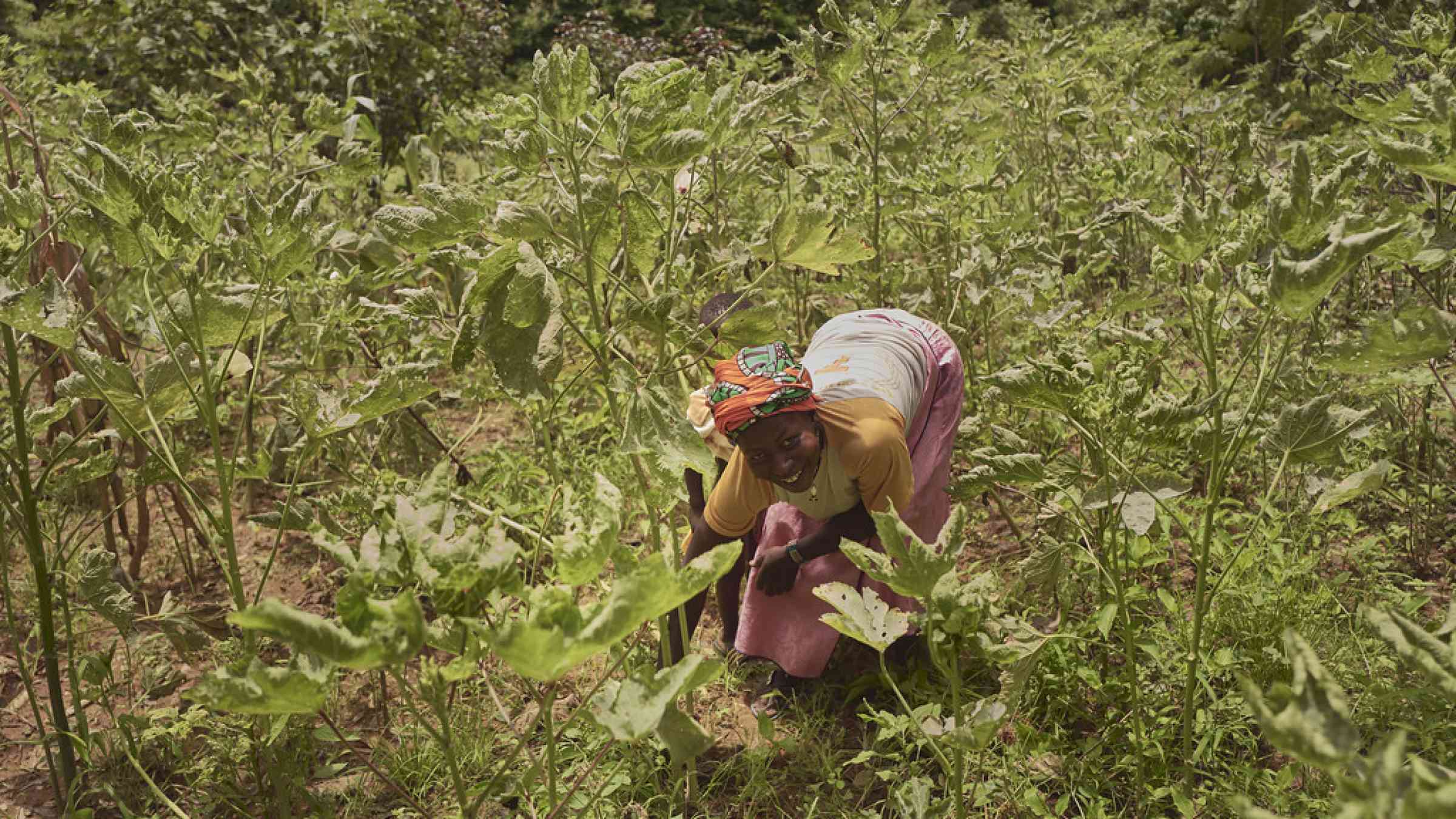Integrated financial and technical services for agriculture in Burkina Faso

The ISF has signed a grant agreement to support the implementation of a parametric insurance to strengthen the resilience of smallholder farmers against climate change in Burkina Faso. The country frequently experiences droughts that significantly affect both crop and livestock production, posing severe economic challenges. The InsuResilience Solutions Fund (ISF) is co-funding the implementation of the project along with the Yelen Assurance SA, Réseau des Caisses Populaires du Burkina (RCPB), and Cordaid.
Agriculture is one of the primary economic activities in Burkina Faso, engaging around 90% of the workforce. Between 2004 and 2013, the country faced recurring droughts impacting over one million people annually, according to the Permanent Agricultural Survey (EPA). These droughts affect large regions and consistently derail development efforts, perpetuating the population below the poverty line. With over 40% of the population living on less than $2 per day, these challenges persistently hinder the nation's efforts to eliminate poverty.
In order to contribute to the objective of increasing the smallholder farmers' resilience, the ISF signed a grant agreement with Yelen Assurance, a local insurance company acting as the project lead, RCPB, a local microfinance institution, and Cordaid, an NGO responsible for capacity development and technical assistance for climate smart agriculture (CSA) practices. The project aims to enhance the resilience of smallholder farmers to climate change by expanding the use of a parametric agriculture drought insurance product. Additionally, it seeks to introduce an insurance plan covering excess rainfall and to implement technical advisory services facilitating the adoption of CSA practices.
Yelen Assurance currently offers index-based insurance tailored for smallholder farmer households cultivating maize, millet, and sorghum, safeguarding against drought or insufficient rainfall. This insurance product is distributed via microfinance institutions and input providers. Insurance payouts are determined using satellite data, posing basis risk for smallholder farmers at the micro level. To mitigate this risk, the project partners will install additional weather stations to supplement existing public infrastructure. The NGO partner, Cordaid, will contribute with technical services for sustainable agriculture practices to strengthen the value chain, also benefiting low-income smallholder farmers.
